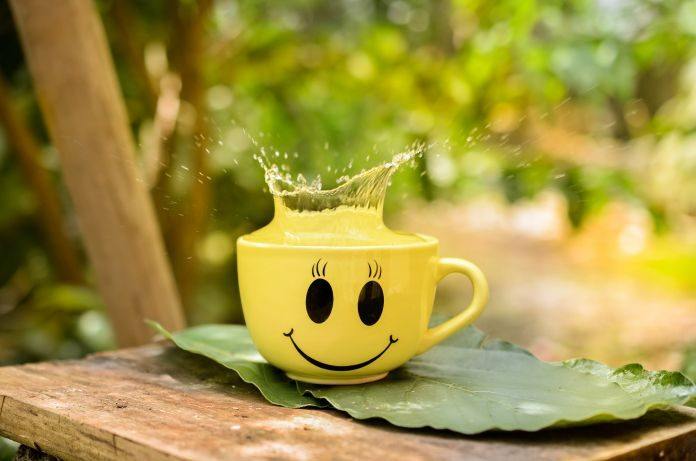Canadian scientists have found a reason behind why we get thirsty before bed. Sleep time thirst could give a vision into other odd and annoying aspects of daily life. It insists on our circadian rhythms, like jet lag or changing shifts at work.
The study was performed on subjects. It explains why we experience thirst and drink liquids like water or milk during bedtime. From previous research, scientists knew that mice increase their water intake before sleeping. But, they didn’t dehydrate during drinking.
To know further details, scientists have first restricted the mice’s access to water before sleep. It makes them more dehydrated when they woke up hours later.
Scientists said, “This means the intake of water before sleep is largely there as a pre-emptive measure to keep the mice hydrated all the way through their sleep cycle. It suggests that a biological mechanism was triggering the thirst, even though the body itself wasn’t dehydrated.”
Scientists already knew that the brain could sense when the body requires water. So they guess that the suprachiasmatic nucleus (SCN) might also have a way to communicate with the ‘thirst neurons’ that cause the mice to look up water.
So, they tested it by particularly analyzing neuropeptide vasopressin. This neuropeptide vasopressin is generated in the SCN. It uses sniffer cells to controls things like water retention and blood restriction. Scientists then inserted team injected sniffer cells specifically designed to blow when they came in contact with vasopressin into the mice and then stimulated their SCN. When the SCN was triggered, the cells start blowing. Thus it is confirmed that vasopressin is released in high quantities when the body’s biological clock is electrically stimulated.
Scientists used genetically modified mice to turn neurons on and off to see if vasopressin can trigger thirst neurons. This allows them to observe what the neuropeptide does when released by the SCN. At last, they saw vasopressin can turn on these thirst neurons. And this leads mice to drink water despite not actually needing to.
READ | Only Drink Water When Thirsty, Study Suggests
Scientists said, “It means mice biological clock has an inbuilt feature that can predict when sleep will start. That’s why it triggers the brain to drink the required water to stay healthy during long periods of rest.”
Bourque said, “More importantly, this advance our understanding of how the clock executes a circadian rhythm has applications in situations such as jet lag and shift work.”
“All our organs follow a circadian rhythm, which helps optimize how they function. Shift work forces people out of their natural rhythms, which can have repercussions on health. Knowing how the clock works give us more potential to actually do something about it,” he continued.
Note: This research was done on mice. Thus, we have to take it as a grain of salt until human trials. According to scientists, understanding this biological mechanism could help us discover many aspects of our bodies and how our daily lives can affect them.
Journal Reference
- Gizowski, C., Zaelzer, C. & Bourque, C. Clock-driven vasopressin neurotransmission mediates anticipatory thirst prior to sleep. Nature 537, 685–688 (2016). DOI: 10.1038/nature19756
